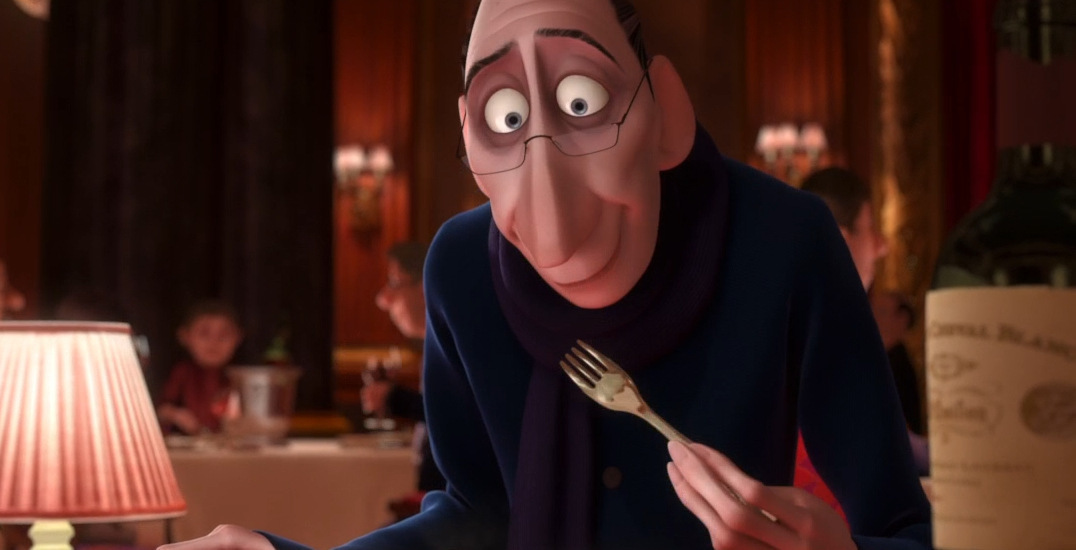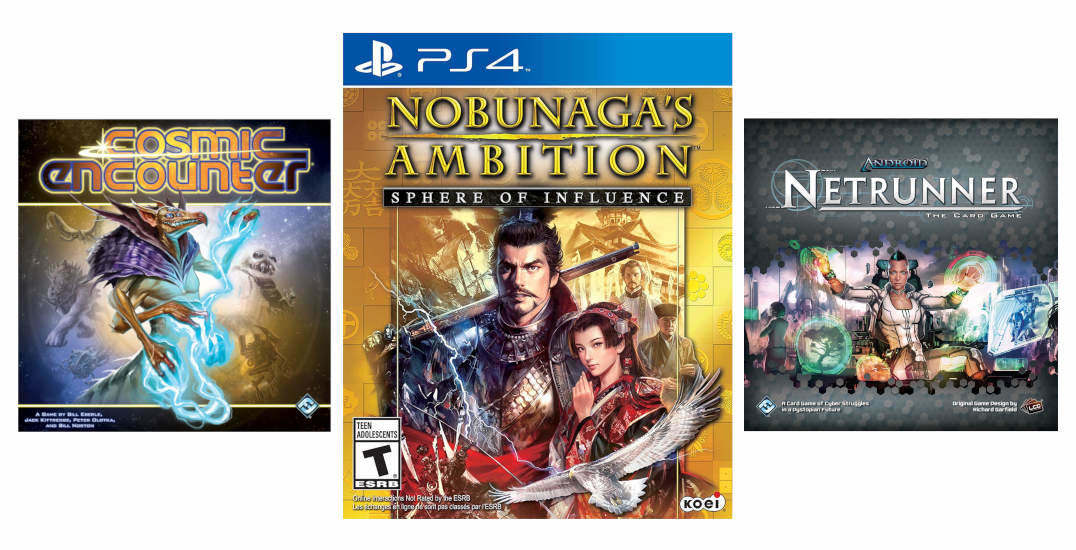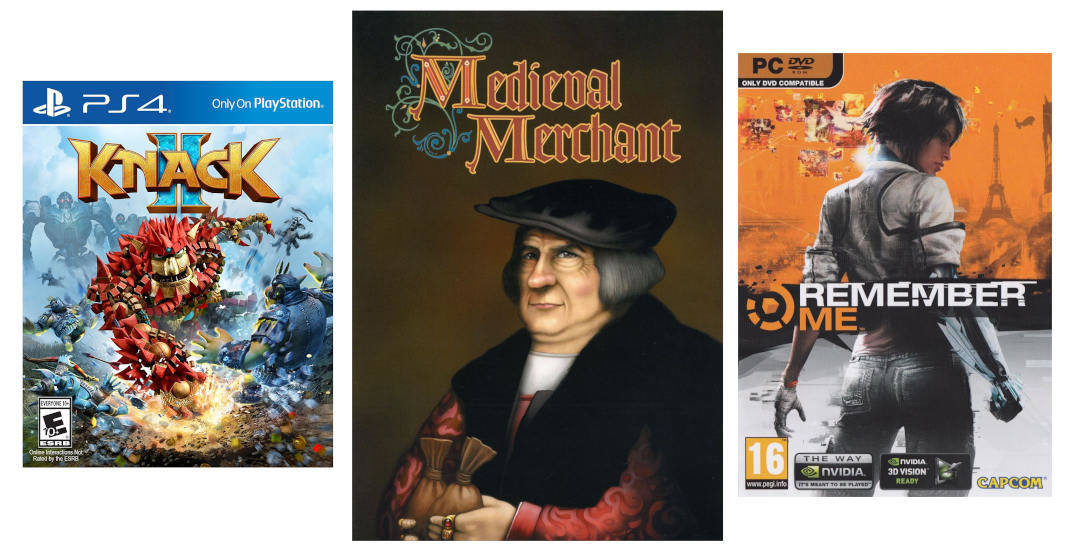
It’s often said that critics enjoy writing negative reviews. At least, it’s a common stereotype of critics in media, which are often depicted as tearing up the protagonist’s work and enjoying every minute of it.
Of course, that’s a clear exaggeration. But still many people believe that critics have a particular liking for giving bad reviews or dishing out a rhetorical beating, perhaps because they are incapable of creating themselves or because they feel superior to the creators whose work they are reviewing. And I think that’s a belief worth discussing.
The first thing to keep in mind is that critics love their medium. Nobody dedicates their life and work to something they hate and much less for the paltry pay criticism provides. Most people writing and criticizing games do so because they enjoy games and writing about them and they want others to enjoy it too.

However, it is true that critics enjoy negative criticism. But they don’t enjoy it because it’s negative, but because it’s criticism and they, being critics, like criticism. And criticism comes in both positive and negative forms. One cannot be critical by only being positive and, on balance, even the harshest of critics don’t actually write that many negative reviews.
This is not to say it’s not fun to write a negative review. Generally speaking, games that don’t work well or have issues have more to talk about that games that don’t and hence are more interesting to review. If you like games and you like criticism, a game that promotes critical discussion is going to be something you enjoy talking about.
The same goes for great games with interesting concepts. It is a lot of fun when you discover a great game that shows the greatness of the medium and you can talk about it at length. I had fun writing about Cosmic Encounter, Netrunner and Nobunaga’s Ambition because I liked those games and felt I could say something interesting about them.

In fact, I could go for years on games like Vampire: The Eternal Struggle who are both great and flawed. A multiplayer-only card game by Richard Garfield, creator of Magic: The Gathering? That could make for an interesting article. But being able to discuss game mechanics, balance and graphic design through its various flaws means it would not only be an interesting article, but also a deep one and that’s both better and more fun.
On the other hand, if there’s something critics hate to review are games that are bland. You know the type. Those games that are just kind of ok, that don’t have much wrong with them but that also don’t do anything interesting? Critics hate reviewing those games. There’s just so little to say about them that you end up staring at your screen, thinking about how to fill your word quota without repeating yourself.
And this is the most common kind of game! If you get 10 games to review, most of them aren’t going to be great or be deeply flawed but just…kind of forgettable.

But what about those critics that are consistently mean and negative? Well, chances are they aren’t negative or mean that often. When we come across a new writer, we don’t tend to see their long body of work, only the article or review we have been linked to. And if that’s a game we like we might perceive them as being more negative than they actually are.
When people think of mean, overly negative critics they also tend to think of people like Jim Sterling or Ben “Yathzee” Crosshaw who combine critical insight with entertainment. That’s understandable, but they do not represent the average critic and one must keep in mind that they often exaggerate for either comedic purposes or to better make a point. Take their comments with a grain of salt.
After all, criticism is not about being told what’s right or wrong. Criticism is about helping others to make up their own minds by sharing with them an interesting or thought-provoking analysis. Critics do not seek to prove themselves right, but to help others and teach and it’s this motivation that hides behind their criticism.



